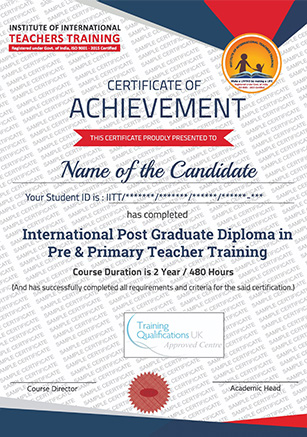Course Overview
About the Language :
Portuguese is an Indo-European language that originated in the Iberian Peninsula of Europe. In terms of native speakers, it is usually listed as the 6th most spoken language in the world and the 3rd most spoken European language in the world.
History of the Language :
In the Western Iberian Peninsula, the Portuguese language evolved from Latin. In 216 BCE, Roman soldiers, settlers, merchants, and colonists introduced Latin in the other parts of the world. When the Roman Empire in Western Europe fell apart, the Iberian Peninsula was taken over by Germanic peoples (Migration Period). This occurred between the years 409 and 711 CE. Vulgar Latin replaced almost every local language after the Roman conquest of the Iberian Peninsula. It refers to any of the nonstandard forms of Latin that have resulted in the formation of Romance languages. It gradually evolved into what is now known as the Galician-Portuguese language in the territories along the Atlantic coast. Following the incorporation of Galicia into Spain, this language was split into Galician and Portuguese branches.
Origin of the Language :
The very first records of a specifically Portuguese language date from the 9th century. There were still Latin phrases strewn about in these documents. During the Galician-Portuguese Period, the Portuguese gradually gained popularity. In Christian Hispania, it was considered the language of choice for lyric poetry. Portugal gained independence from the Kingdom of León in 1139. King Denis of Portugal established the first Portuguese university in Lisbon in 1290. At the time, it was decreed that Portuguese (then known as the "common language") be renamed and used officially as the Portuguese language. The Portuguese language reached many parts of the world during the 2nd period of Old Portuguese between the 14th and 16th centuries.
Read MoreBenefits:
- It allows access to a diverse culture.
- It is the language of prosperous tourist destinations.
- It serves as a bridge to other Latin-based languages.
- Learn Portuguese to improve job prospects.
Job opportunities:
- Call center work.
- Customer service.
- Information Technology.
- Restaurants.
- Resorts and hotels.
- Sales.
- Tourism and hospitality.
Topics Covered
What You Will Learn :
- Create a Resume or Curriculum Vitae.
- Introduce oneself to others and respond to where things are kept.
- Learn about Seasons and Months.
- Practice Vocabulary and figure of speech.
What You Will Learn :
- Enhancement of vocabulary, accent, and intonation.
- Practice sentence structure and spelling, as well as writing complete texts.
- Information related to art, culture, and literature.
- Seasonal and national holidays should be recognized.
What You Will Learn :
- Express individually fluently and spontaneously without having to think too hard about the appropriate expressions.
- Use language flexibly and effectively for social and professional reasons.
- Express concepts and opinions precisely, and in words that will be chosen based on the person- in- concern.
- Provide detailed descriptions and information on complex issues as well as other related topics.














Aparna
This institute is one of the best training institutes for language enthusiasts, it taught me about Japanese grammar and vocabulary to be able to confidently write and speak about it.